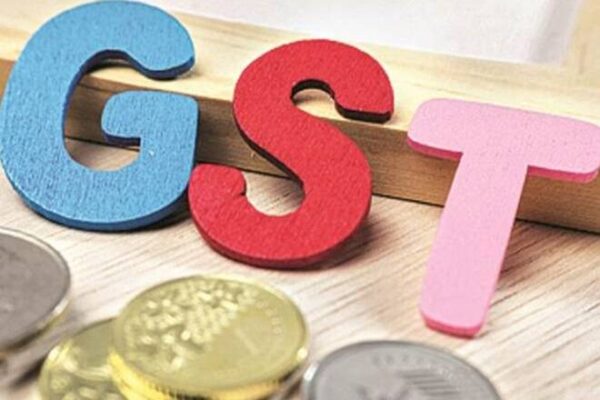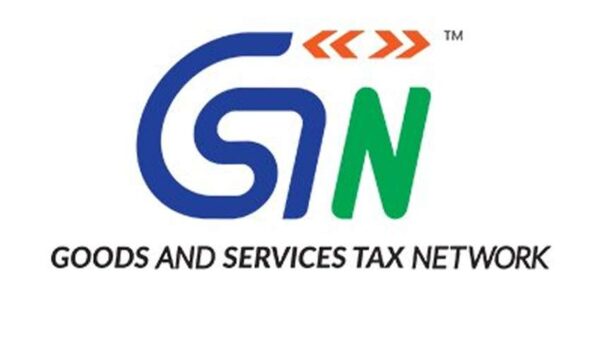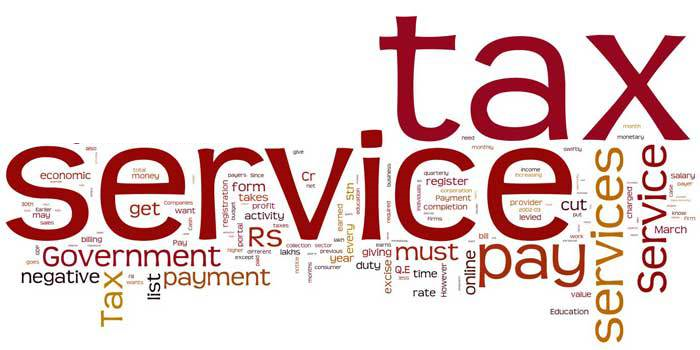The Delhi Goods and Services Tax Act, 2017 (the Act) was enacted with a view to make a provision for levy and collection of tax on intra-State supply of goods or services or both by the Government of National Capital Territory of Delhi.
The GST Council in its 38th meeting held on 18th December, 2019, had recommended various
amendments in the provisions of the CGST Act,2017. Through the Finance Act, 2020, Central Govt. has amended the provisions of the CGST Act, 2017 on the basis of the recommendations made in the 38th GST Council meeting held on 18th December , 2019.
In order to ensure uniformity between the CGST Act, 2017 and Delhi Goods and Services Tax, 2017, the Delhi Goods and Service Tax (Amendment ) Act, 2020 was required to be enacted by the State Legislation after making State specific modification, wherever necessary.
Salient Features of the Delhi Goods and Services (Amendment) Tax Act, 2020
The salient features of the proposed Delhi Goods and Services (Amendment) Tax Act, 2020 are as
under:-
i) Amendment in Section 2(114):
In section 2 of the Delhi Goods and Services Tax Act, 2017, in clause (114), for clauses (c) and (d), the clauses “Dadra and Nagar Haveli and Daman and Diu; Ladakh”, shall be substituted so as to align the definition of “Union territory” in line with the Jammu and Kashmir Reorganisation Act, 2019 and the Dadra and Nagar Haveli and Daman and Diu (Merger of Union Territories), Act, 2019.
ii) Amendment in Section 10:
In section 10 of the principal Act, in sub-section (2), in clauses (b), (c) and (d), after the words “of goods”, the words “or services” shall be inserted. This is done with the objective to harmonise the conditions for eligibility for opting to pay tax under sub-section (1) and sub-section (2A).
iii) Amendment in Section 16(4):
The government further amended subsection (4) of section 16 of the Delhi Goods and Services Act which prescribes time limit for availing of Input Tax Credit, so as to delink the date of issuance of debit note from the date of issuance of the underlying invoice for purposes of availing input tax credit.
iv) Substitution of clause (c) of Section 29(1):
Clause (c) of sub- section (1) of section 29 of the Delhi Goods and Services Act has been substituted so as to provide for cancellation of registration obtained voluntarily under sub-section (3) of section 25.
v) Substitution of proviso to sub-section (1) of section 30:
The government seeks to substitute the proviso to sub-section (1) of section 30 of the Delhi Goods and Services Act so as to empower the jurisdictional tax authorities to extend the period provided to file an application for revocation of cancellation of registration.
vi) Amendment in Section 31:
The state government also amended section 31 of the Delhi Goods and Services Act so as to empower the Government to notify the categories of services or supplies in respect of which tax invoice shall be issued and to make rules regarding the time and manner of its issuance.
vii) Amendment in Section 51:
Section 51 of the Delhi Goods and Services Act has been amended so as to empower the Government to make rules to provide for the form and manner in which a certificate of tax deduction at source shall be issued.
viii) Insertion of new sub-section (1A) in section 122:
The State Government has inserted a new sub-section (1A) in section 122 of the Delhi Goods and Services Act so as to make the beneficiary of certain transactions at whose instance such transactions are conducted liable for penalty.
ix) Amendment in Section 132:
Section 132 of the Delhi Goods and Services Act was amended so as to make the offence of fraudulent availment of input tax credit without invoice or bill cognizable and non-bailable under sub-section (1) of section 69 and to make any person who retains the benefit of certain transactions and at whose instance such transactions are conducted liable for punishment.
x) Amendment in Section 140:
The notification further amended section 140 of the Delhi Goods and Services Act relating to transitional arrangements for input tax credit, so as to prescribe the time limit and the manner for availing input tax credit against certain unavailed credit under the existing law. This amendment shall take effect retrospectively from the 1st day of July, 2017.
xi) Insertion of New Section 168A:
Also a new Section 168A was inserted so as to empower the Government, on the recommendations of the Council and by notifications, extent the time limit specified in or prescribed under this Act in respect of actions which may not be completed or complied with due to force majeure.
xii) Amendment in Section 172:
Section 172 of the Delhi Goods and Services Act has also been amended so as to extend the time limit provided for removal of difficulties thereunder from three years to five years, with effect from the date of commencement of the said Act.
xiii) Amendment in Schedule-II
Amendment has also been made to paragraph 4 of Schedule II (Activities or transactions to be treated as supply of goods or supply of services) to the Delhi Goods and Services Act so as to omit the words “whether or not for consideration” so as to give clarity to the meaning of the entries (a) and (b) of said paragraph relating to transfer of business assets. This amendment shall take effect retrospectively from the 1st day of July, 2017.
xiv) Retrospective exemption on supply of fishmeal:
It seeks to provide retrospective exemption from State tax on supply of fishmeal, during the period from the 1st day of July, 2017 up to 30th day of September, 2019 (both days inclusive). It also seeks to provide that no refund shall be made of the tax which has already been collected.
xv) Reduction in GST rate:
It further seeks to retrospectively levy State tax at the reduced rate of 6% on supply of pulley, wheels and other parts (falling under heading 8483) and used as parts of agricultural machinery of headings 8432, 8433 and 8436, during the period from the 1st day of July, 2017 up to 31st day of December, 2018 (both days inclusive). It also seeks to provide that no refund shall be made of the tax which has already been collected.
READ / DOWNLOAD NOTIFICATION:
***
[rainbow]Don’t miss the next GST Update / Article / Judicial pronouncement[/rainbow]
Subscribe to our newsletter from FREE to stay updated on GST Law
Resolve your GST queries from national level experts on GST free of cost.
Frah Saeed is a law graduate specializing in the core field of indirect taxes and is the Co-founder of taxwallah.com. She has authored many publications on GST and is into full-time consultancy on GST to big corporates. She as a part of taxwallah.com heads a team comprising of Chartered Accountants and Advocates and plays a key role in our mission to disseminate GST knowledge to all.




